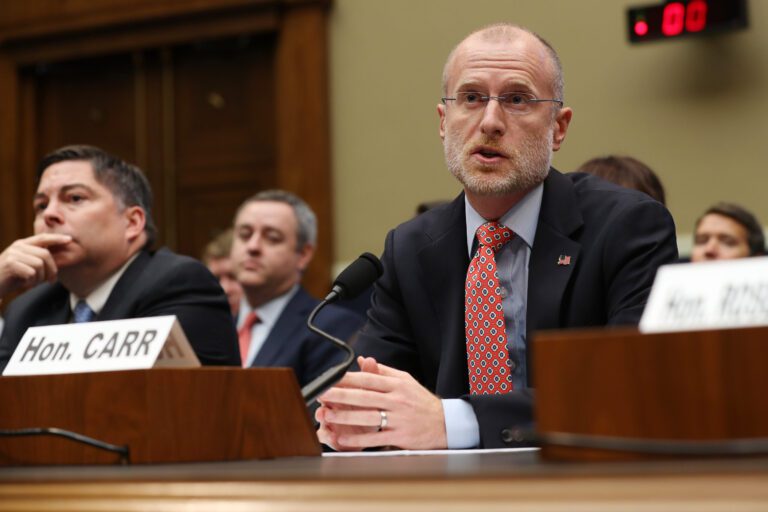FCC Investigation into CBS News Continues Despite Trump’s Lawsuit Settlement
Despite a settlement in President Trump’s lawsuit against CBS and the recent approval of its parent company Paramount’s merger with Skydance Media, CBS News remains under scrutiny for alleged news distortion by the Federal Communications Commission (FCC). This investigation centers around the contentious interview with Vice President Harris aired on 60 Minutes.
Background on the Lawsuit and Investigation
The lawsuit originated from a 2020 interview where CBS edited a sequence involving Vice President Harris. Trump’s complaint accused CBS of “election interference,” asserting that the edits made Harris appear more coherent amid significant scrutiny of her communication skills during that election season. Conversely, CBS maintained that such edits were standard practice for brevity.
Key Events Leading to the Investigation
- Initial Dismissal: A formal complaint about the interview was initially dismissed under President Biden’s administration.
- Change in Administration: Trump’s return to power saw a new FCC commissioner, Brendan Carr, reviving the news distortion complaint and launching a more detailed investigation.
- FCC and the Merger: The approval of the Skydance deal was previously perceived as stalled due to the lawsuit but was ultimately resolved.
The Role of FCC Commissioner Brendan Carr
In a recent CNBC interview, Carr addressed the controversy surrounding the merger and the lawsuit. He dismissed allegations from Democratic senators and anti-Trump personalities, asserting that the key factor in approving the Skydance deal was its commitment to "unbiased journalism." Carr emphasized:
“There was this lawsuit involving President Trump, which was outside of the FCC, didn’t have anything to do with us.”
CBS News Under Fire: Accusations of Bias
CBS News, particularly known for its flagship program 60 Minutes, has long been accused of exhibiting a liberal bias. As part of the Skydance acquisition, the new owners pledged to uphold “unbiased journalism” and will implement:
- Content Review: A thorough examination of news presentations.
- Ombudsman Appointment: An internal reviewer will be appointed for a minimum of two years to oversee reporting practices.
Continuing Investigation Into News Distortion
While the lawsuit has concluded with a $16 million settlement, CBS did not issue an apology, avoiding any implications of wrongdoing that could affect the ongoing FCC investigation. The primary outstanding question is whether the FCC will take further action against CBS, including potential fines or alternative measures to rectify perceived biases.
Possible Outcomes for CBS News
- Financial Penalties: The FCC may impose fines for the editing practices, akin to a previous instance in 2004 where CBS was fined for a “wardrobe malfunction” incident.
- Concessions: The commission might require CBS to air conservative advertisements or public service announcements as a condition for resolving the distortion complaint.
Implications for Future Broadcasts
The ongoing investigation has raised concerns among conservatives about the integrity of interviews on programs like 60 Minutes. Many Republican figures have opted out of appearing on the show, fearing biased editing strategies would misrepresent their statements.
Trump’s Expectations Post-Settlement
Trump suggested on his platform, Truth Social, that he anticipates an additional $20 million from the new owners, potentially through advertising, public service announcements, or programming agreements. Such arrangements could serve as a response to the FCC’s considerations for balanced content:
“I anticipate receiving $20 Million Dollars more from the new Owners, in Advertising, PSAs, or similar Programming.”
Conclusion: A Critical Eye on CBS News
As CBS navigates the ongoing investigation, its commitment to impartial reporting will be closely monitored. The implications of the FCC’s actions could reshape the landscape of broadcast journalism and the perceptions of bias within major networks.
For more detailed updates on media bias and corporate accountability, visit The Hill, Reuters, and Variety.


